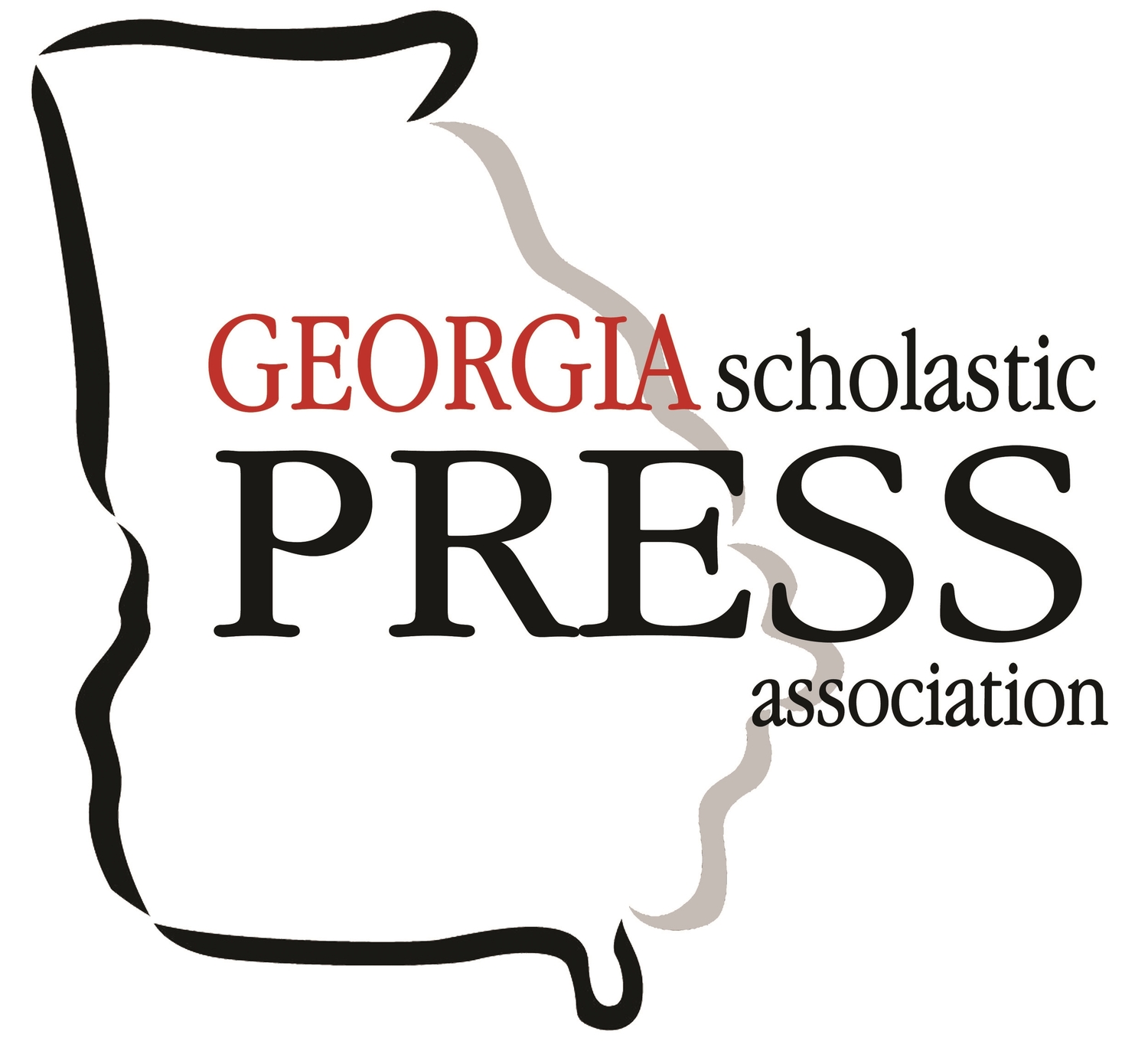Congratulations, 2021 GSPA First Amendment Essay Winners!
/The Georgia Scholastic Press Association congratulates the following winners of the 2021 First Amendment Essay contest:
First Place: Naisha Roy, South Forsyth High School
Second Place: TyKerius Monford, Cedar Shoals High School
Third Place: Anna Schmidt, Cedar Shoals High School
Judged by a panel of First Amendment experts, these essays exceptionally and uniquely addressed the following prompt:
In the First Amendment context, some scholars say it is possible to have a free society in which people have the right to call on the law to defend them against being offended or insulted. Other scholars say that is not possible. What do you think? Make an argument one way or the other.
Thank you to all students who submitted essays, and congratulations to the winners! You can read each of the winning essays below:
Freedom of speech or freedom of offense?
By Naisha Roy
The First Amendment has always been flowery and positive, a way for the unheard to
make their opinions known in an otherwise deafening society. However, with the emergence of
cancel culture and censorship, we’ve been faced with the darker side of the First Amendment: the
abetting of hate speech. With harmless unpopular opinions and criticism also comes vile,
disgusting hate speech, and it begs the question: can we really differentiate between the two
while also cushioning the First Amendment? And for me, after months of battling with this, the
answer is no.
I was a firm believer that speech that hurt or offended others needed punishment in some
means to promote empathy and humanity. However, when I saw my colleague’s article about
Black Lives Matter be censored due to the possibility of offending someone, my perspective on
this completely changed. It happened over and over again, with articles being cut left and right
on the school newspaper for even potentially being offensive, a PR nightmare, or in general just
stating an opinion that wasn’t decorated with sunshine and roses. While many of these were
understandable due to a school setting, this constant rejection first enlightened me to the power
of the “offense”. If hate speech weren’t protected under the First Amendment, then people could
claim anything they wanted to be hate speech and get it censored. Who would judge what was
offensive and not? How much would we restrict?
While hate speech is not morally or ethically valid, it needs to be legally okay in order for
constructive speech to also be legally okay. Take the double edged sword of cancel culture, for
example. On platforms such as Youtube and Twitter, creators face the threat of having to be
perfect; several of them had racist, homophobic, or just plain mean tweets from decades ago
resurface and lost thousands of followers in a day (Insider). Cancel culture has been proven
effective in order to condemn harmful and even illegal actions of individuals such as youtuber
Shane Dawson. However, many of the other creators were just ignorant in the past and have
clearly changed and moved on. If we were to provide legal repercussions on top of this online
backlash, we would be invalidating human potential for growth and mistakes, and harming
several people’s mental health (medium).
Threats of violence, harm, and child pornography are not protected under the first
amendment, and for good reason (cornell). Hurting others is never okay, and I’m glad our law
recognizes this. However, if we added “offense” to this list, we would be adding something so
subjective that it would be asking for censorship. As a journalist, I know the consequences that
horrible words can have on people, but being silenced has a much more crushing and devastating
effect. In order to celebrate the beauty of diverse opinions, we also have to accept the hate that
comes with it, no matter how bitter it may seem.
Works Cited
Dodgson, Lindsay. “YouTubers Are Calling out the Platform's 'Cancel Culture' That Subjects Them to a Rampant Hate Mob and Sees Them Lose Thousands of Subscribers in a Matter of Hours.” Insider, Insider, 18 Feb. 2020,
www.insider.com/cancel-culture-what-it-means-creators-on-youtube-2019-9.
Douglas, Patrice N. “How the Cancel Culture Is Toxic for Our Mental Health.” Medium, Medium, 1 July 2019,
medium.com/@patricendouglas/how-the-cancel-culture-is-toxic-for-our-mental-health-c4864e40 9ccf.
“Threats of Violence Against Individuals.” Legal Information Institute, Legal Information Institute,
www.law.cornell.edu/constitution-conan/amendment-1/threats-of-violence-against-individuals.
___________________________________________________________________________________________
The other two winning entries express different views.
Read TyKerius Monford’s essay here.
Read Anna Schmidt’s essay here.

